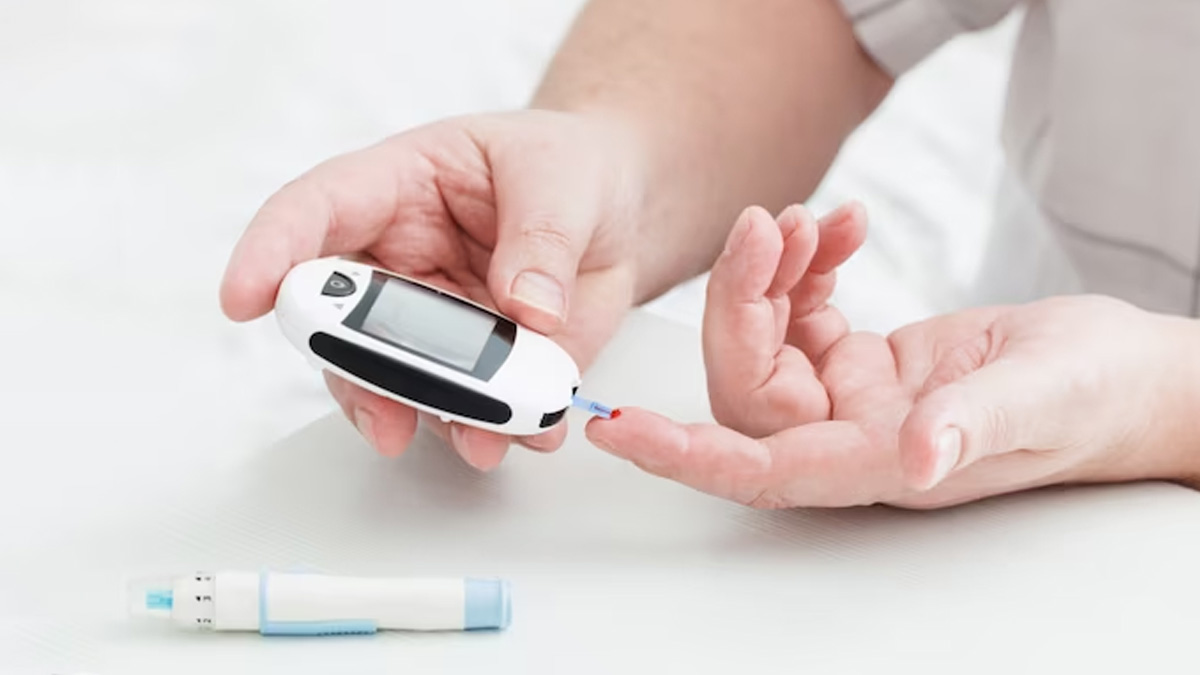
At some point in our lives, we’ve heard of or read about type 1 and type 2 diabetes. While type 1 diabetes, also known as juvenile diabetes, is a chronic condition, wherein the pancreas makes little or no insulin, type 2 diabetes occurs when the body is unable to efficiently use insulin. Gestational diabetes is another type of diabetes that can develop during pregnancy in women who do not have diabetes. However, do you know there is type 3 diabetes as well? If not, Dr Bhavya Saxena, Consultant Pathologist, Metropolis Healthcare, in an interaction with the OnlyMyHealth team, will give us an in-depth look at it.
Table of Content:-
Also Read: Can You Eat Carbs If You Have Diabetes? Expert Answers
What Is Type 3 Diabetes?

‘Type 3 diabetes’ is a term used to describe high sugar levels that affect people with Alzheimer’s, explained Dr Saxena, adding that it is not at all the same as type 3, which is caused by damage to the pancreas.
According to the doctor, untreated diabetes causes damage to vessels in the brain resulting in impaired insulin and Insulin-like Growth Factor (IGF), leading to inflammation and oxidative stress.
A study published in the International Journal of Molecular Sciences (IJMS) established a possible link between diabetes and the development of Alzheimer’s disease. The same study noted that people with type 2 diabetes could be 45%-90% more likely to develop Alzheimer’s disease or another type of dementia.
Understanding Alzheimer’s Disease
The US Centers for Disease Control And Prevention (CDC) describes Alzheimer's as the most common type of dementia. It is a progressive disease that begins with a gradual decline in memory, leading to memory loss and the loss of the ability to have proper conversations. According to the World Health Organization (WHO), nearly one crore new cases of dementia are reported every year, of which 60–70% of cases are attributed to Alzheimer's.
Some of the early signs of Alzheimer's include:
- Forgetting recent events
- Losing or misplacing things
- Getting lost when walking or driving
- Being confused, even in familiar places
- Losing track of time
- Difficulties solving problems or making decisions
- Problems following conversations or trouble finding words
- Difficulties performing familiar tasks
- Misjudging distances to objects visually
Also Read: Study Finds Mediterranean Diet Lowers Risk Of Type 2 Diabetes: Know What Our Expert Has To Say
What Type 3 Diabetes May Look Like

Common symptoms of type 3 diabetes include:
- Memory loss that affects daily life
- Losing track of dates or current location
- Taking longer to complete normal daily tasks
- Repeating questions or forgetting recently learned information
Some of the common risk factors include:
- Obesity
- Stress
- High blood pressure
- People who have a diet rich in fat and sugar
- Lack of physical exercise
- Genetics
Diagnosis
According to Dr Saxena, patients, who have symptoms of both type 2 diabetes and Alzheimer’s disease and are not diagnosed with either, need to check for fasting blood sugar and glycated haemoglobin. “Alzheimer's disease is diagnosed based on neurophysiological testing along with Cerebrospinal Fluid (CSF) levels of Amyloid β (Aβ)40 and 42, total tau and phosphorylated tau,” he added.
Healthy lifestyle habits along with a good diet that includes high fibre, regular exercise, consistent monitoring of blood pressure, and memory exercises could be possible measures to prevent type 3 diabetes, recommended Dr Saxena.
Bottomline
While more research is necessary to understand the link between diabetes and Alzheimer's disease, people with type 2 diabetes need to stay alert and watch out for any of the above-mentioned symptoms. Managing your blood sugar levels remains a crucial factor in avoiding any kind of complications.
Also watch this video
How we keep this article up to date:
We work with experts and keep a close eye on the latest in health and wellness. Whenever there is a new research or helpful information, we update our articles with accurate and useful advice.
Current Version